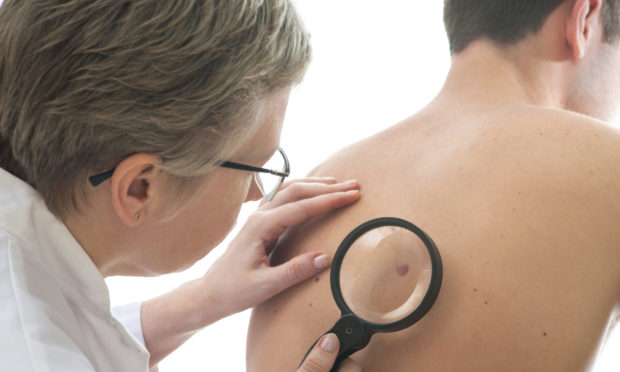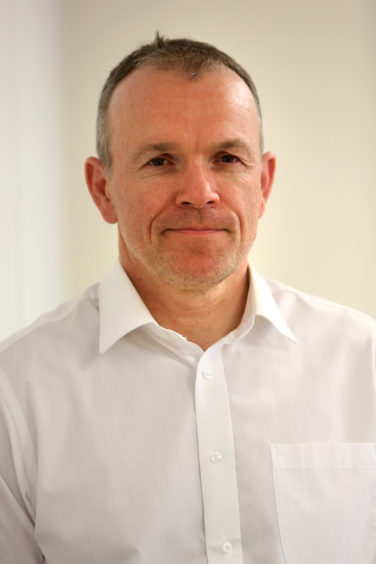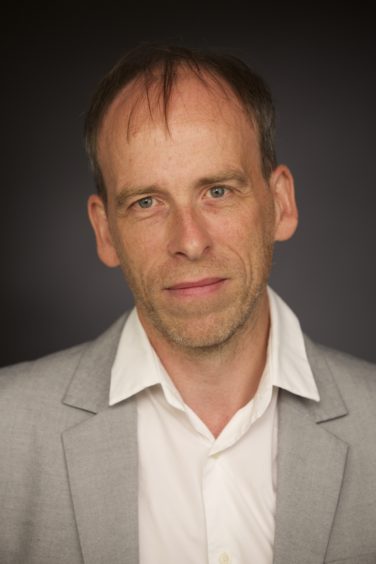Patients worried about skin cancer could soon receive a first diagnosis from a trained machine, rather than their GP.
Dundee scientists and cancer specialists have already developed a “deep learning system” able to detect skin cancers with “state-of-the-art accuracy.”
The “learning AI system” – which will work with photographs of suspected cancers taken in clinics and surgeries – is being integrated into “everyday clinical care” in Tayside.
It is the latest phase in a longstanding piece of work to develop and improve the technology’s ability to differentiate between “benign lesions and cancers.”
Professor Colin Fleming, consultant dermatologist at Ninewells Hospital and Director of the Discovery Institute of Dermatology, said the machine could help patients and GPs alike.
“Patients are delighted to be reassured about benign lesions, GPs could enjoy immediate education from such a system and fewer patients would need to attend hospital appointments.
“One in five GP consultations are related to skin disease. In addition to GP costs, around £100 million per annum in NHS Scotland is spent on secondary care services treating skin disease so there is a pressing need to concentrate resources in this area of disease.”
The joint Dundee University and NHS Tayside team has won £150,000 from the UK Government’s £50 million Artificial Intelligence in Health and Care Awards.
The team developed the pilot project with selected, high quality images and will now ensure the technology works with the kinds of photos more commonly taken in clinics and surgeries.
Project leader Professor Stephen McKenna, of Dundee University’s computing department, said his inter-disciplinary group were “uniquely positioned to exploit and develop this technology for NHS benefit.”
“Success in this area will be gradual, starting with goals such as clinical decision support for the most common benign lesions.
“Skin disease naturally lends itself to automated image analysis. Lesions can be photographed easily and then analysed with the help of deep learning technology.”
The team also includes the university’s Professor Emanuele Trucco, an expert in Computer Vision & Image Processing, Charlotte Proby, Professor of dermatology at the School of Medicine and Professor Fleming.
A Dundee University spokesman said skin cancer is the most common form of human cancer, with cases increasing in frequency by 5% per year in the UK.
He said: “Diagnosis and management of suspected skin cancer represents over half of the workload of any specialist dermatology service, with primary care practitioners, often untrained in skin cancer recognition, lacking the necessary experience to distinguish innocent from cancerous lesions.”












